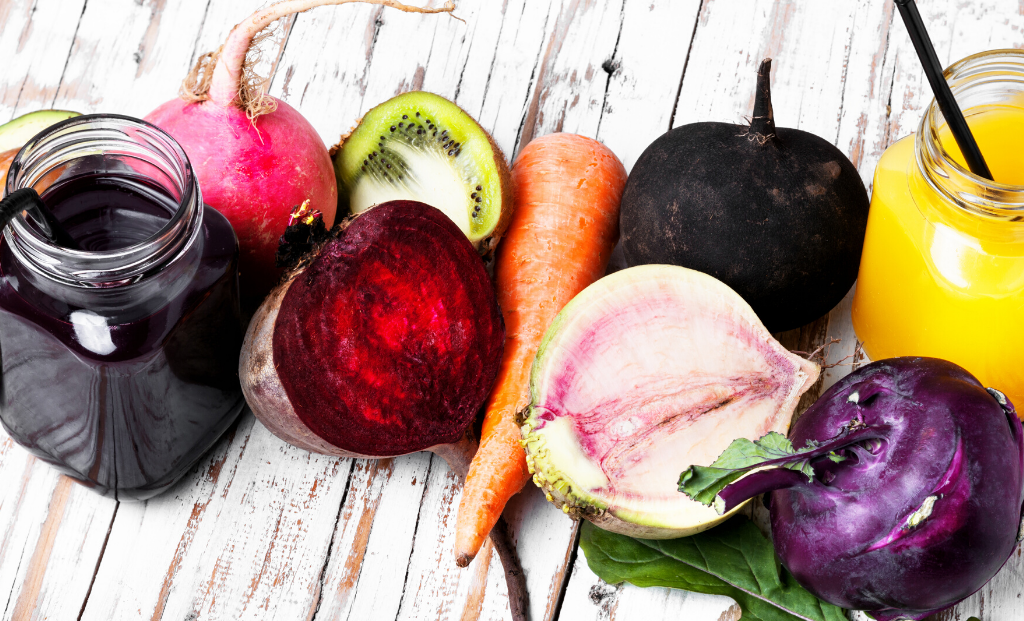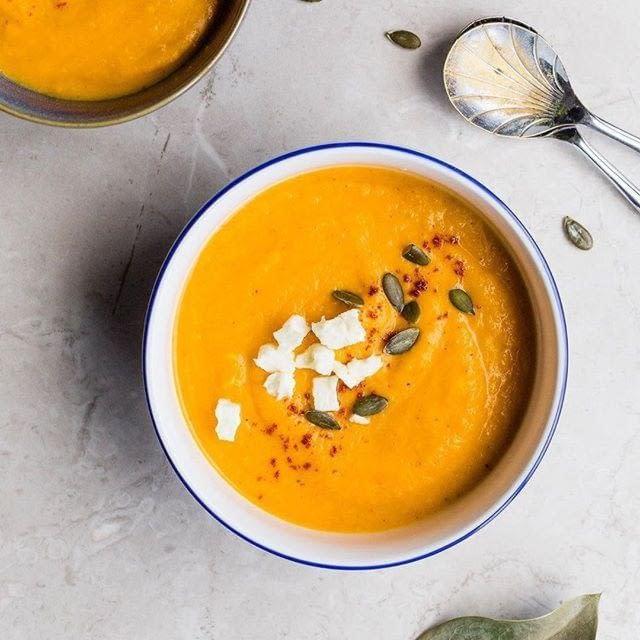Even though Winter is officially still a few days away it already feels well and truly upon us and it’s at this time that we tend to consider what foods will serve us best during the new season. Nutritionally, we shouldn’t be eating the same thing day in day out.
Eating a varied diet in line with the changing seasons is not only a great excuse to experiment in the kitchen, but it also provides a number of benefits including:
- SUPPORTING YOUR BODY’S NEEDS-
New research is uncovering that microbes in the soil are in fact different in each season. Since plants ingest these microbes as they grow, when we eat them, they then become the microbes in our own gut too. It’s these various microbes in our gut that actually correspond to what our bodies require to sustain themselves at different times of the year.
Winter fruits and vegetables such as oranges, kiwis, pumpkin and carrots are high in antioxidants and vitamins that naturally helping our immune system fight off colds and flus. - IT’S COST EFFECTIVE-
Seasonal fruit and vegetables are much more affordable. Be careful though as a lot of produce in the supermarket is imported so we often see produce available all year round. Look for produce which Australian grown, or better yet shop at your local farmer’s market as it is guaranteed to be seasonal and, as an added bonus, you will be supporting local farmers and producers. - IT TASTES BETTER-
Produce that is picked when it is fully ripened has a richer flavour and also has its nutritional value still intact. And as an essential ingredient in our lives it is really important they taste good! Think of the differences in blueberries and strawberries when they are season compared to when they are not! The taste speaks for itself.
IN SEASON NOW FOR WINTER
Pumpkin: High in antioxidants and rich in vitamins A and C.
Beetroot: Great source of fibre, manganese, potassium, iron and vitamin C.
Citrus fruits: Rich In vitamin C and B, high in antioxidants and anti-inflammatory compounds.





